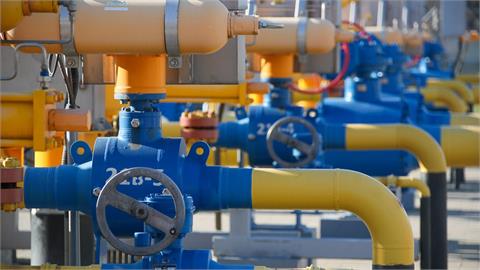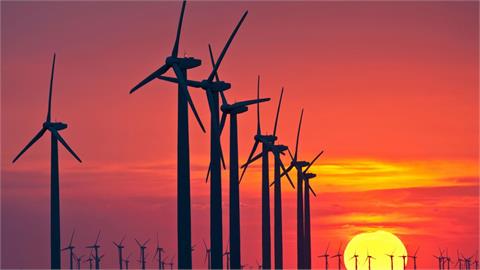The EU Parliament on Tuesday approved a binding 32 percent renewables target and an indicative target of 32.5 percent increase in energy efficiency by 2030, marking a significant step towards meeting the EU's climate goals.
"Parliament on Tuesday confirmed the provisional agreement reached with the [EU] Council in June on energy efficiency (434 votes to 104 with 37 abstentions), renewables (495 votes to 68 with 61 abstentions) and governance of the Energy Union (475 votes to 100 with 33 abstentions) - three important legislative files that are part of the Clean Energy for All Europeans package," a press release read.
According to the statement, energy efficiency in the EU has to have improved by 32.5 percent, whereas the share of energy from renewables should be at least 32 percent of the EU’s gross final consumption by 2030. Both targets are to be reviewed by 2023, and "can only be raised, not lowered," the Parliament said.
-Lower energy bills, right to become renewable self-consumer
The statement added that improved energy efficiency would mean lower energy bills, and Europe would reduce its dependence on external oil and gas supply, improve local air quality and protect the climate. For the first time, member states will also be obliged to establish specific energy efficiency measures to the benefit of those affected by energy poverty. Member states must also ensure that citizens are entitled to generate and store renewable energy for their own consumption, and to sell excess production.
-Push for second-generation biofuels
The statement further said that second generation biofuels can play a significant role in reducing the carbon footprint of transport and at least 14 percent of fuel for transport purposes must come from renewable sources by 2030.
"However, first generation biofuels with a high risk of 'indirect land use change' [ILUC i.e. when land is converted from non-crop cultivation - such as grasslands and forests- to food production, which increases carbon dioxide emissions] will no longer count towards the EU's renewable energy goals from 2030. From 2019, the contribution of first generation biofuels to these goals will gradually be phased out until it reaches zero in 2030," it said.
-New governance for Energy Union
In line with the agreement, each member state must also present a ten-year "integrated national energy and climate plan" with national targets, contributions, policies and measures by Dec. 31, 2019, and every ten years thereafter. The new rules will be published in the Official Journal once the agreement is formally adopted by the Council, and enter into force 20 days after publication.
The regulation on governance will be directly applied in all member states, which will have to transpose the new elements of the other two directives into national law no later than 18 months after its entry into force.



